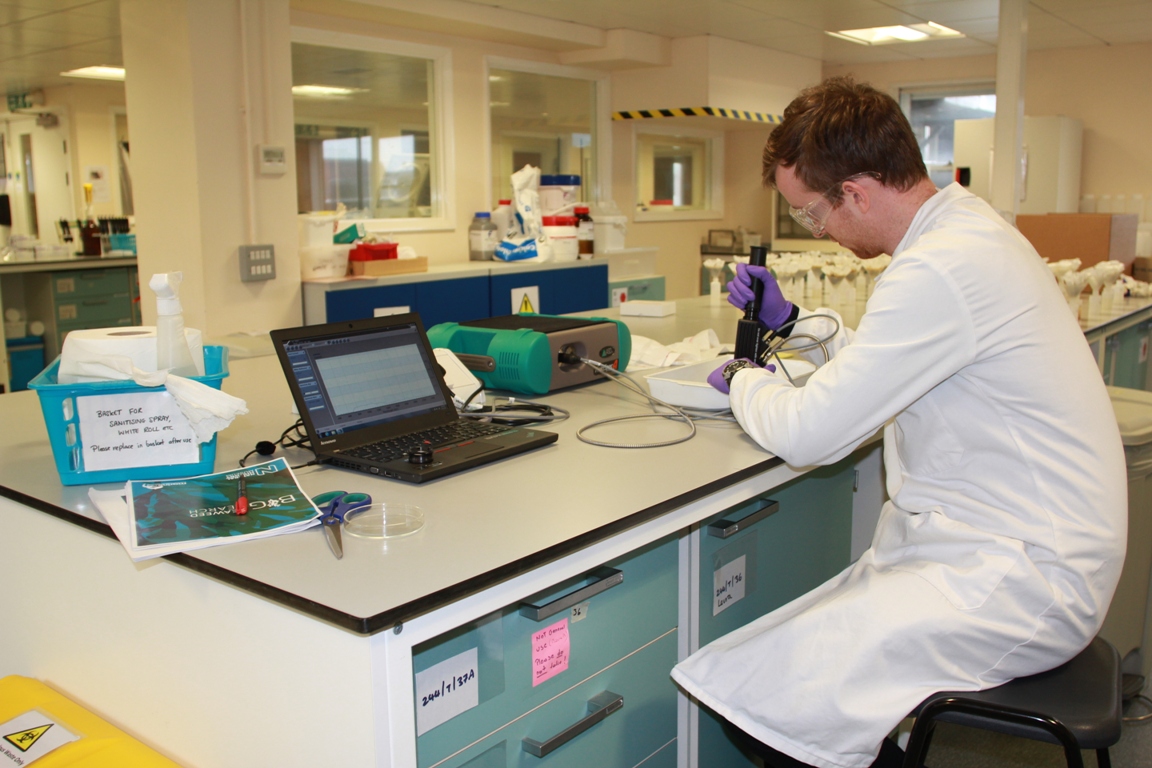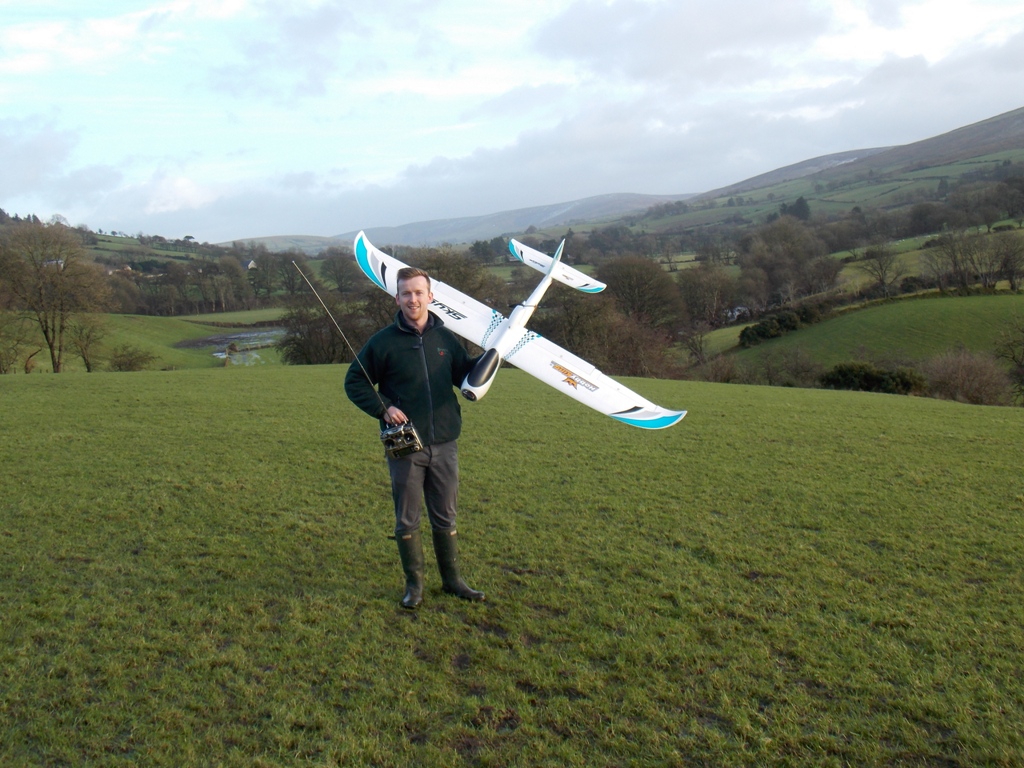My Cranfield PhD: Using UAVs to detect marine biohazards near nuclear power stations
18/03/2019

Before starting my PhD at Cranfield (UAVs used for the early detection of marine ingress events near coastal nuclear power stations) I read Zoology and Conservation biology at the University of Derby. I had planned to have a few months break between my masters and applying for a PhD. Just two weeks after finishing my masters, I was getting my car serviced and browsing www.findaphd.com. One thing led to another and within 10 days I had submitted my application and research proposal, attended my interview and received an offer! The unique blend between biology, environmental engineering, and technology (who doesn’t love drones!) really attracted me to this PhD. The photo above shows my early interest in UAVs!

Filming for EDF Energy to help promote my work across their nuclear power stations
Nuclear power stations face a continuing battle against marine ingress – a term used for undesirable biomass entering their water intakes. UK coastal nuclear power stations, and others worldwide, are becoming plagued by dense accumulations of jellyfish which clog water intakes and therefore restrict the flow of cooling water. Restricting the flow of water through the intakes requires slowing down of the electricity generation process, or even a complete emergency reactor shutdown. This leads to significant financial losses for the companies running nuclear power stations, as well as interrupting electricity supply to the general public. In the worst cases, more permanent damage can be caused, leading to prolonged reactor shutdowns, costly repairs and further losses in electricity generation (up to 2 million pounds a day!).

Collecting seaweed spectral data for my first paper
Although the fundamental factors leading to jellyfish blooms and severe seaweed ingress events are known, there is currently no system in place to identify the risk of a severe ingress event occurring at any place or time. Such a system would allow pre-emptive action to stop the biological material being drawn into the cooling water intakes or, at least, reduce the severity of the ingress event; ultimately resulting in smaller generation losses.
Unmanned Aerial Vehicles (UAVs) are emerging as a key engineering solution for environmental monitoring tasks. On-demand deployment of UAVs enables continuity of current monitoring programmes. In addition, high resolution aerial imagery collected from UAVs could provide better estimates of jellyfish and seaweed extent, density and arrival time with the appropriate algorithm development. These two benefits combined will lengthen the detection-response elapsed gap and act as an effective warning system, allowing the power station to take pre-emptive action.

Selfie in front of Torness nuclear power station, Scotland
Through the development of a drone-based early warning detection system, I hope to be able to reduce the detrimental effects of marine ingress. I am currently in the second of a four year PhD and hope to complete it through the ‘publication pathway’ – in other words, producing a thesis that consists of a series of papers that have been published in peer reviewed journals. Being midway through the peer review process for my first paper, and wiser to the tribulations of this process, I feel that maybe I should have gone for the traditional monograph style, or perhaps run away to a far away land. I am currently undecided – perhaps there will be less jellyfish and seaweeds there!

Conducting flood risk assessment in Northern Ireland – 2017
Categories & Tags:
Leave a comment on this post:
You might also like…
Keren Tuv: My Cranfield experience studying Renewable Energy
Hello, my name is Keren, I am from London, UK, and I am studying Renewable Energy MSc. My journey to discovering Cranfield University began when I first decided to return to academia to pursue ...
3D Metal Manufacturing in space: A look into the future
David Rico Sierra, Research Fellow in Additive Manufacturing, was recently involved in an exciting project to manufacture parts using 3D printers in space. Here he reflects on his time working with Airbus in Toulouse… ...
A Legacy of Courage: From India to Britain, Three Generations Find Their Home
My story begins with my grandfather, who plucked up the courage to travel aboard at the age of 22 and start a new life in the UK. I don’t think he would have thought that ...
Cranfield to JLR: mastering mechatronics for a dream career
My name is Jerin Tom, and in 2023 I graduated from Cranfield with an MSc in Automotive Mechatronics. Originally from India, I've always been fascinated by the world of automobiles. Why Cranfield and the ...
Bringing the vision of advanced air mobility closer to reality
Experts at Cranfield University led by Professor Antonios Tsourdos, Head of the Autonomous and Cyber-Physical Systems Centre, are part of the Air Mobility Ecosystem Consortium (AMEC), which aims to demonstrate the commercial and operational ...
Using grey literature in your research: A short guide
As you research and write your thesis, you might come across, or be looking for, ‘grey literature’. This is quite simply material that is either unpublished, or published but not in a commercial form. Types ...






